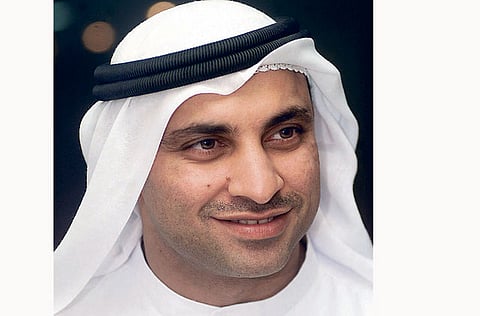Higher fees don't always ensure better education — report
Schools charging higher fees don't necessarily offer higher quality of education — study

Dubai: Schools charging higher fees don’t necessarily offer higher quality of education, contrary to popular belief, according to a new study by Knowledge and Human Development Authority (KHDA).
A policy brief presented by KHDA Wednesday examined the relationship between fees, school leadership and student performance in Dubai based on the performance of pupils in international assessments - Trends in International Mathematics and Science Study (TIMSS) and Programme of International Student Assessment (PISA) – and school inspection reports.
“Many people think higher fees means a good school. Pupils of schools charging similar tuition fees were performing very differently, some of them well above the average performance and others much below. This shows fees and quality are not linked,” Dr Abdullah Al Karam, Director General of KHDA said.
Socio-economic status
But many people opt for certain schools based on the socio-economic status of the family, he said, reiterating the need to disseminate information to parents.
One of the schools closed down last year, for example, was attended by 100 per cent Emirati pupils and had 900 pupils. After the inspections rated it as poor the number of pupils dropped to 700 within a year and the next year it was closed down by its management, as more parents pulled their children out of the school, Dr Al Karam said.
No waiting lists for Emirati pupils
The study recommends there be no waiting lists for Emirati pupils and that they should be given admission to any private school if they meet the necessary criteria.
"One way of limiting the number of Emirati pupils in low-performing schools is to give them priority in good schools, if they meet the criteria,” he said.
However, whether schools will prefer such a policy of partiality, if adopted by the government, needs to be seen, especially in the backdrop of 87 per cent of Dubai’s pupils attending private schools.
According to the study, the practice of teachers peer review in schools was linked to the highest performance from pupils, KHDA spokesperson Raba’a Al Sumaiti said.
Principals allocating time on developing curriculum and pedagogy, as well as teachers undergoing training are two other factors linked to improved performance of pupils, she said.
Jameela Al Muhairi, Chief of Dubai Schools.
Inspection Bureau (DSIB) at KHDA said that analysis of school inspections show evidence that improving school leadership should be a focus to improve quality of education imparted.
“School principals should not just take care of daily activities but must find time to introduce international best practices,” she said.


